Attention! Here Are The Best SEO Tools for Small Businesses

Eliza Forgacs
Small businesses often suffer in the online sphere. You have to fight for your visibility and work hard for an established online presence—frequently competing against large brands with deep pockets.
But you know what?
If you’re a small business owner searching for effective SEO tools for small businesses, you don’t need a huge budget or a full marketing team to get started. What you need is the right mix of SEO software that are cost effective, reliable, and easy to acquire. In this article, we’ll explore the best SEO tools for small businesses, starting with free essentials and moving up to premium software.
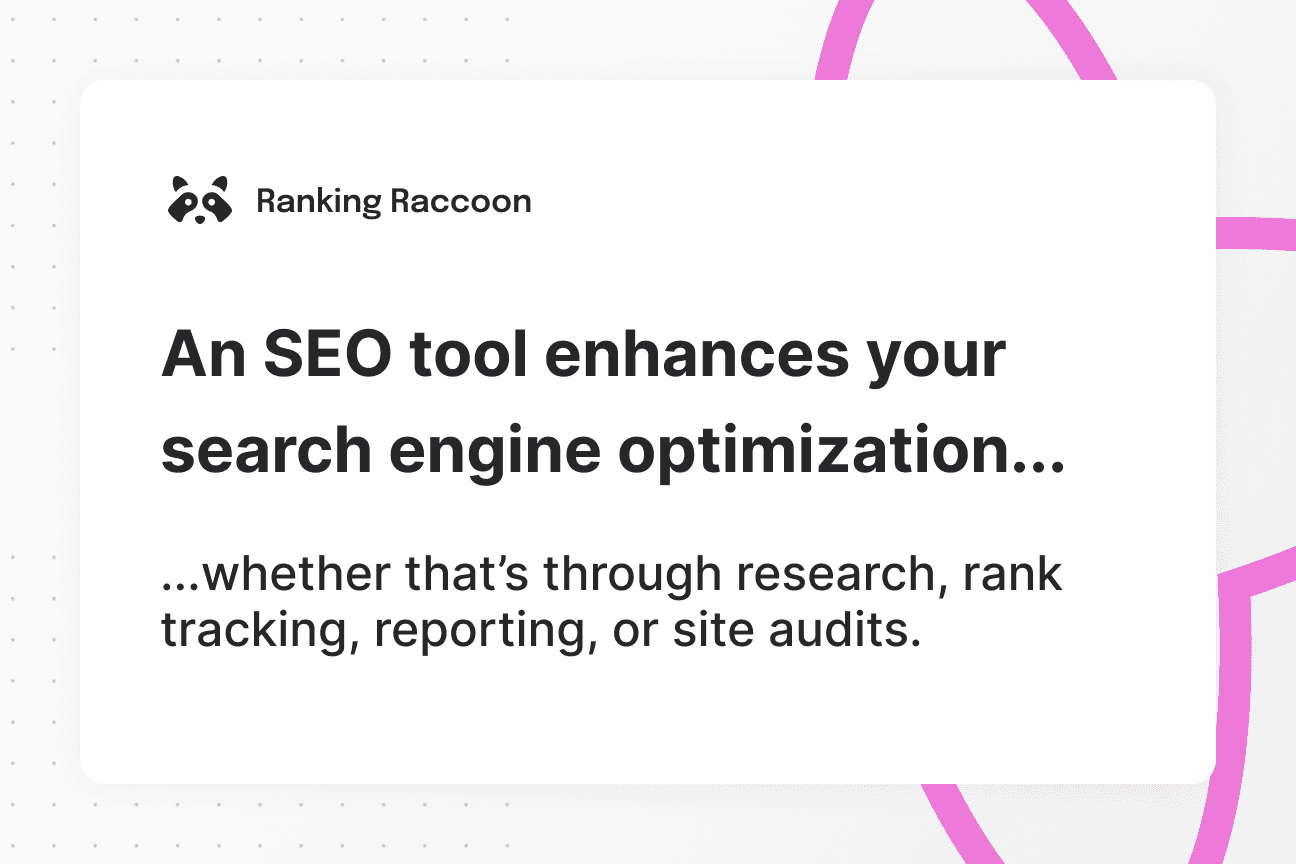
Best Free SEO Tools for Small Businesses
If you’re just starting out, you can’t really rely on expensive software and tools. I’m with you, you want to reach your first goals without spending a fortune. Thankfully, there are excellent SEO tools for small businesses to get you moving—for absolutely free.
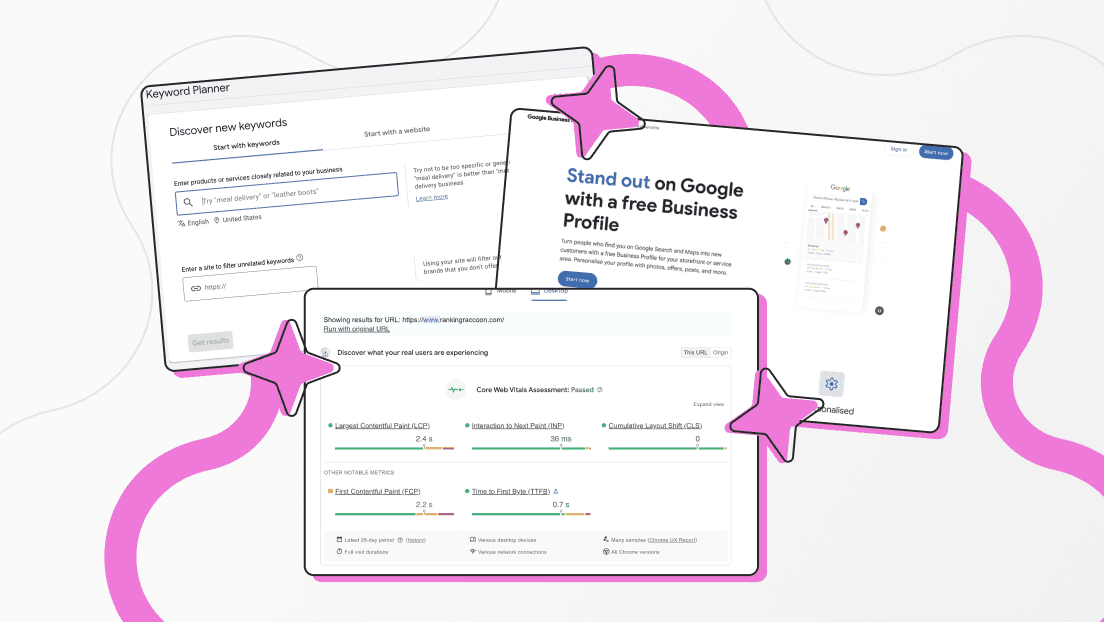
Essential SEO Tools from Google
These are completely free and you should use them from day one (or day zero).
1. Google Search Console:
With Search Console you can easily keep an eye on how your site performs in search results. It also alerts you when Google has a problem with your page. Absolutely essential, even for established businesses.
What can you use it for?
- With Search Console you can see which search queries bring you traffic. Use these keywords to optimize your meta titles, descriptions and content.
- In case of any indexing issues, it warns you, so you can quickly fix them (before they ruin your rankings).
Downside:
- The data can feel overwhelming at first—but hey, that’s what coffee is for.
2. Google Ads Keyword Planner
Although it was originally designed for advertisers, Keyword Planner is also perfect for free keyword research for small businesses.
What can you use it for?
- You can discover new keyword ideas, estimate the search volume and gauge competition levels—using the data directly from Google’s own database.
- Planning your content strategy becomes child’s play, because you can prioritize between your keywords more easily.
Downside:
- Some metrics (like competition level) are tailored to ads, not organic SEO.
3. Google Analytics
It is one of the most powerful free tools to measure your website’s performance. Analytics provides detailed insights into your visitors’ behavior, traffic sources, and conversions, letting you see what’s working and what isn’t.
What can you use it for?
- You can follow user journeys, measure traffic and conversions—basically everything that happens on your website.
- It is also great to identify where the dropouts happen and what pages to improve for better results.
Downside:
- It has so many metrics, you might get lost down the rabbit hole.

4. Google Trends
Can chasing popularity be rewarding? Well, if it’s about your content’s relevancy and timing, then yes. Google Trends allows you to spot seasonal and trending topics, so you can take advantage of the peaking interest.
What can you use it for?
- To show up as a small business you have to become relevant. Google Trends shows you which topics and keywords are gaining popularity—plan your blog posts and/or campaigns accordingly!
- It’s also great to spot seasonal patterns and make the proper conclusions for the future plans.
Downside:
- It doesn’t show the exact search volume, so if you take a closer look: popularity is relative. But you have other tools in your pocket to check the precise numbers, right?
5. PageSpeed Insights
Time to get a bit more technical. Your website has some critical indicators, called the Core Web Vitals, which are crucial not only for user experience, but also for SEO rankings. PageSpeed Insights offers a detailed analysis of your site’s performance.
What can you use it for?
- Test how fast your website loads on desktop and mobile. Keep in mind: faster pages rank better and reduce bounce rates.
- Fortunately PageSpeed Insights gives you very specific and actionable suggestions about your next steps.
Downside:
- Fixing technical stuff often requires a developer. (or at least a lot of Googling mixed up with some arguing with ChatGPT)
+1: Google Business Profile
Formerly Google My Business, Google Business Profile is essential for local SEO. Completing your profile with your business name, address, phone number and opening hours boosts local visibility, helps collect reviews, and makes it easy for customers to find and contact you.
What can you use it for?
- With a Business Profile you can appear in local searches and on Google Maps. It’s particularly valuable if you have a physical location or serve clients in a specific area.
- Customer reviews can be extremely valuable and signal trustworthiness. (disclaimer: good reviews)
Downside:
Needs regular updates, mostly around holidays. (nothing is worse than a “closed” sign when you’re actually open)
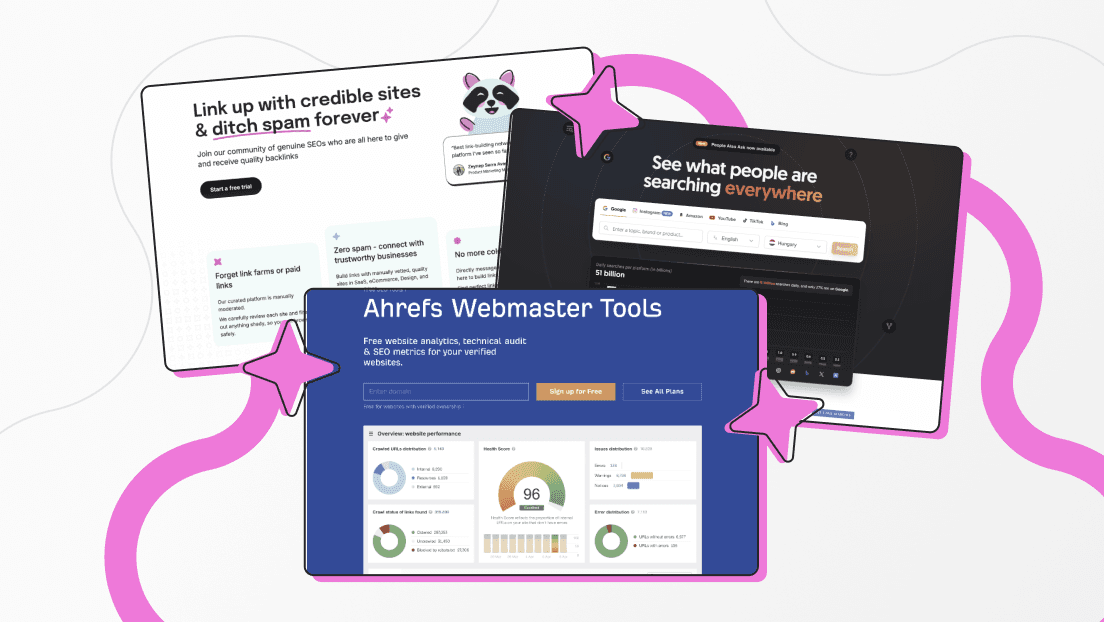
Other Free SEO Tools Worth Trying
Google’s free tools are great (and not just for small businesses), but they’re just the tip of the SEO iceberg. Luckily, the web is full of free SEO tools that give you the insights, data, and quick wins you need. Let’s dig into the best of them!
1. Ahrefs Webmaster Tools
This is Ahrefs’ free toolset exclusively for site owners. Although it won’t give you every advanced feature, you'll still get the most necessary tools with solid data to help your business soar. Perfect if you’re not ready to spend a fortune every month on SEO, but want something reliable to start your journey.
What can you use it for?
- With Web Analytics you can see who’s visiting your site, where they came from, and what they’re doing.
- With Site Audit you can uncover 170+ technical and on-page SEO issues that might be holding your site back (and get guidance on fixing them).
- With Site Explorer you can track which pages and keywords bring in the most organic traffic, and even check your backlink data.
Downside:
- The full Ahrefs feature palette is paid—this is just a light version, but still powerful for beginners.
2. Ranking Raccoon Lite
Link building is painful, there is no question here. Endless cold emails, ignored pitches, and way too much time wasted on dead ends. Ranking Raccoon flips the script: it’s a networking platform where SaaS companies and marketers can exchange backlinks safely, transparently, and without spammy tactics. Ranking Raccoon Lite is completely free, although it has some limitations compared to the Pro version.
What can you use it for?
- You can add unlimited sites to your profile and make them visible for the Pro users.
- You’ll receive relevant link requests directly from fellow link builders and can discuss the details via chat.
- You can save a lot of time, and forget cold outreach, spams and shady tactics, like paid links.
Downside:
- With the Lite version you can’t start new chats or browse the full verified database (that’s Pro territory). But as a small business dipping your toes into link building, Ranking Raccoon Lite is a risk-free (and literally free) way to get visibility.
3. SEOquake by SEMrush
SEOquake is a handy little browser extension that gives insights on the fly—on any page you visit. It’s completely free and compatible with Google Chrome, Firefox and Opera. It’s ideal for quick SEO checks by pulling out organic search data right off the SERP.
What can you use it for?
- Analyze any page you’re browsing, including your competitors’ websites.
- You can see the key metrics like page rank, link profile and keyword density without leaving your browser.
Downside:
- Fair warning: if you’re brand new to SEO, the numbers might look like The Matrix at first. (even though it’s more like a quick-glance tool than a deep-dive platform)
4. Free Keyword Research Tool from Ryan Robinson
If you want a simple keyword tool without a 40-page manual, this one’s for you. It’s clean, easy-to-use and gives you the data you need without a sales pitch. Don’t expect rocket science, but for small businesses it’s a great way to start building a keyword list that actually makes sense.
What can you use it for?
- Ideal for keyword ideas when you’re planning your product pages or blog posts.
- Identify low-competition opportunities you can realistically rank for.
- Spot low-competition opportunities you might have a realistic shot at ranking.
Downside:
- Keep in mind that the numbers aren’t super precise (keyword difficulty is more “easy/medium/hard” than hard data), but for planning and ideation, it does the job perfectly.

5. Keyword.io
Keyword.io is like that friend who always has a hundred ideas—not all of them are winners, but some are gold. It scrapes Google, YouTube, Bing, and more, which makes it perfect for uncovering long-tail phrases once you already know your main keywords.
What can you use it for?
- Expanding your seed keywords into long-tail variations.
- Brainstorming content ideas your competitors might overlook. (Just be ready to sort through the noise.)
Downside:
- No real data or accuracy metrics—you’ll need another tool to validate the keywords. Plus, the free version is capped.
6. Screaming Frog SEO Spider
Screaming Frog’s SEO Spider is a classic. It’s a website crawler designed for Windows, macOS and Linux and it’s great for technical SEO audits.
What can you use it for?
- Uncover common SEO issues like broken links, duplicate content, and missing metadata.
- Understand your site’s structure and overall SEO health.
- For more thorough data you can integrate it with Google Analytics, Search Console and PageSpeed Insights.
Downside:
- The free version limits the number of URLs; it caps at 500. (which is plenty unless you own Amazon)
7. AnswerThePublic
AnswerThePublic is another great tool for content inspiration. It taps into Google’s autocomplete data and spits out a giant map of every weird, wonderful, and painfully real questions people are asking about your keyword. It’s part creepy (yes, people really Google that), part brilliant, and an absolute goldmine for planning content your audience will actually read.
What can you use it for?
- It’s great for blog post ideas, but also for creating FAQ sections. (and even product ideas)
- You can have a deeper understanding about your target audience’s pain points and interests.
Downside:
- The free version only allows 3 searches per day, so plan carefully. Also, the data shown is limited, for example you can’t see the search volumes.
8. ChatGPT
We just can’t leave out ChatGPT from this list—this language model came and changed the world. As a small business wanting to succeed I believe you’ve already had a fair share of experimenting with it too. It’s important to state: it won’t magically do your SEO for you, but it can genuinely quicken the process.
What can you use it for?
- Great for brainstorming—it can churn out blog ideas, content drafts and you can have great debates with it.
- Can be ideal for some SEO writing task, like generating meta titles and descriptions.
Downside:
- Keep in mind that AI isn’t perfect—always fact-check and also don’t just copy-paste everything. You don’t want to sound like a robot, right? (sorry, ChatGPT)
9. Yoast SEO (if you’re running a Wordpress site)
If you’re running a WordPress site and not using Yoast, what are you even doing? It’s the go-to plugin for on-page SEO-optimization, guiding you with checklists, readability scores, and those little green lights that make you feel like a genius.
What can you use it for?
- Optimize meta titles, descriptions, and keyword usage.
- Get readability scores and SEO tips while you write content.
Downside:
The free version covers the basics, Some advanced features (like internal linking suggestions or multiple focus keywords) require the premium version.

Paid SEO Tools Worth the Investment
Let’s be honest: free tools can get you pretty far, but after a while you’ll hit a wall. To outsmart your competitors you’ll need deeper data, more features and a wider insight—for all that you’ll end up trying out paid SEO softwares. But I have good news! Many of these tools are surprisingly affordable for small businesses (some even come with a free trial period, so you can check if it will be a fit first).
Let’s see the paid SEO tools for small businesses!
1. Semrush
Semrush is one of the go-to platforms if we talk about SEO software options. It covers a lot—it’s like a swiss army knife. From keyword research and competitor analysis to site audits and also PPC insights, you can use it for a lot of different SEO and visibility related things.
What can you use it for?
- Content planning and optimization—it’s not just about discovering keywords, you can also track your rankings. (and your competitors’)
- Run a technical SEO audit for your website and conclude actionable insights.
- You can have a detailed analysis about your competitors’ traffic sources and even ad strategies.
Downside:
- Really powerful SEO software, but pricey. Also, as a small business you might not use every feature you’re paying for.
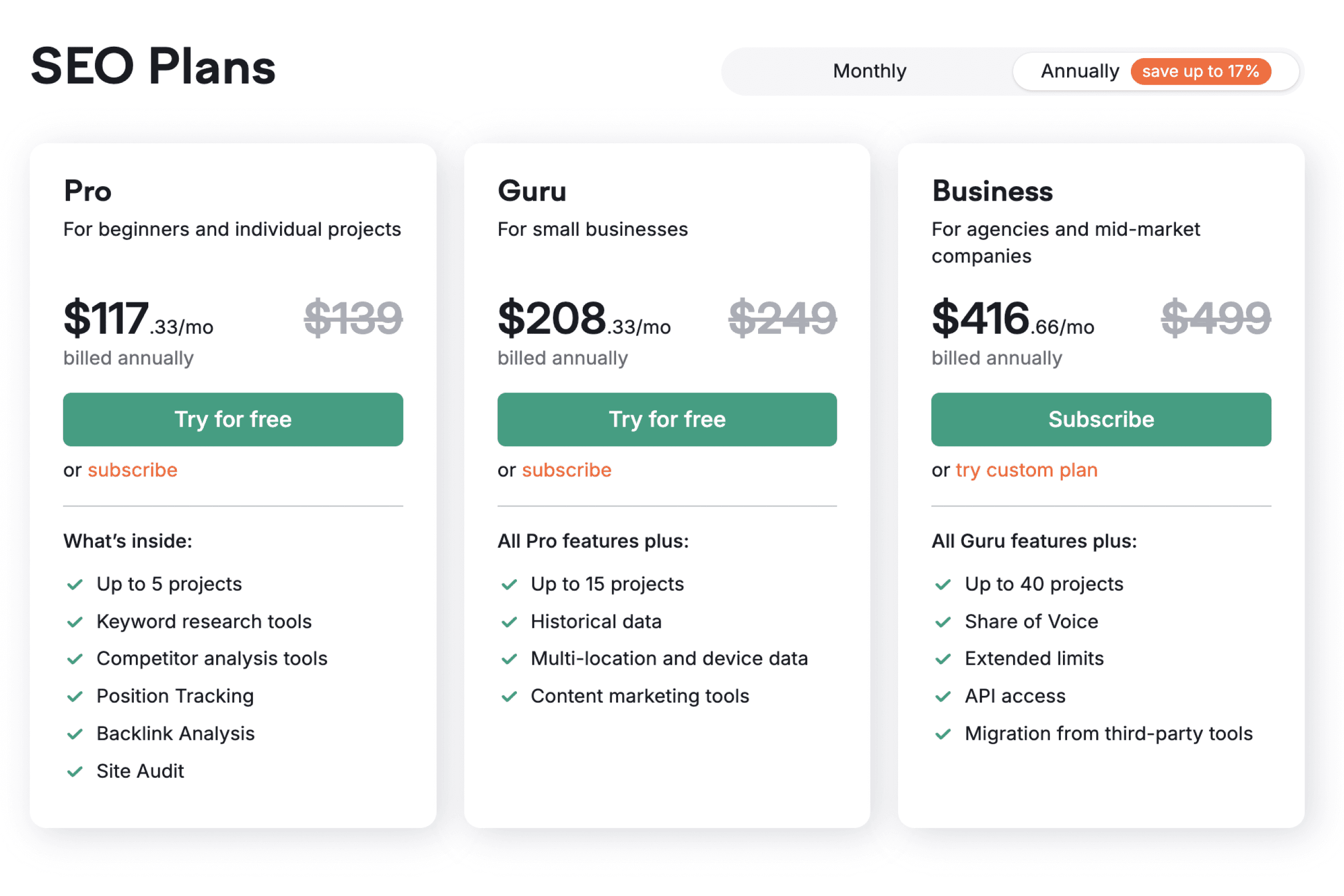
Pricing:
Semrush offers several pricing tiers depending on your needs. The Pro plan starts at $117.33/month, giving you access to essential SEO tools for up to 5 projects. For agencies or larger teams, the Business plan goes up to $416.66/month (up to 40 projects).
2. Ahrefs
Another heavy weight champion of SEO tools. Ahrefs is also great for keyword research and site audits, but its true strength lies in backlink analysis and site explorer data.
What can you use it for?
- If your focus is link building, definitely go to Ahrefs and analyze backlinks with one of the biggest link databases around.
- It’s also great for tracking keywords and researching content opportunities.
- You can check out your competitors’ top pages and traffic—and steal what you have to steal.
Downside:
- Fantastic software, but a bit expensive. You also have to consider that for most small businesses it might be overkill.
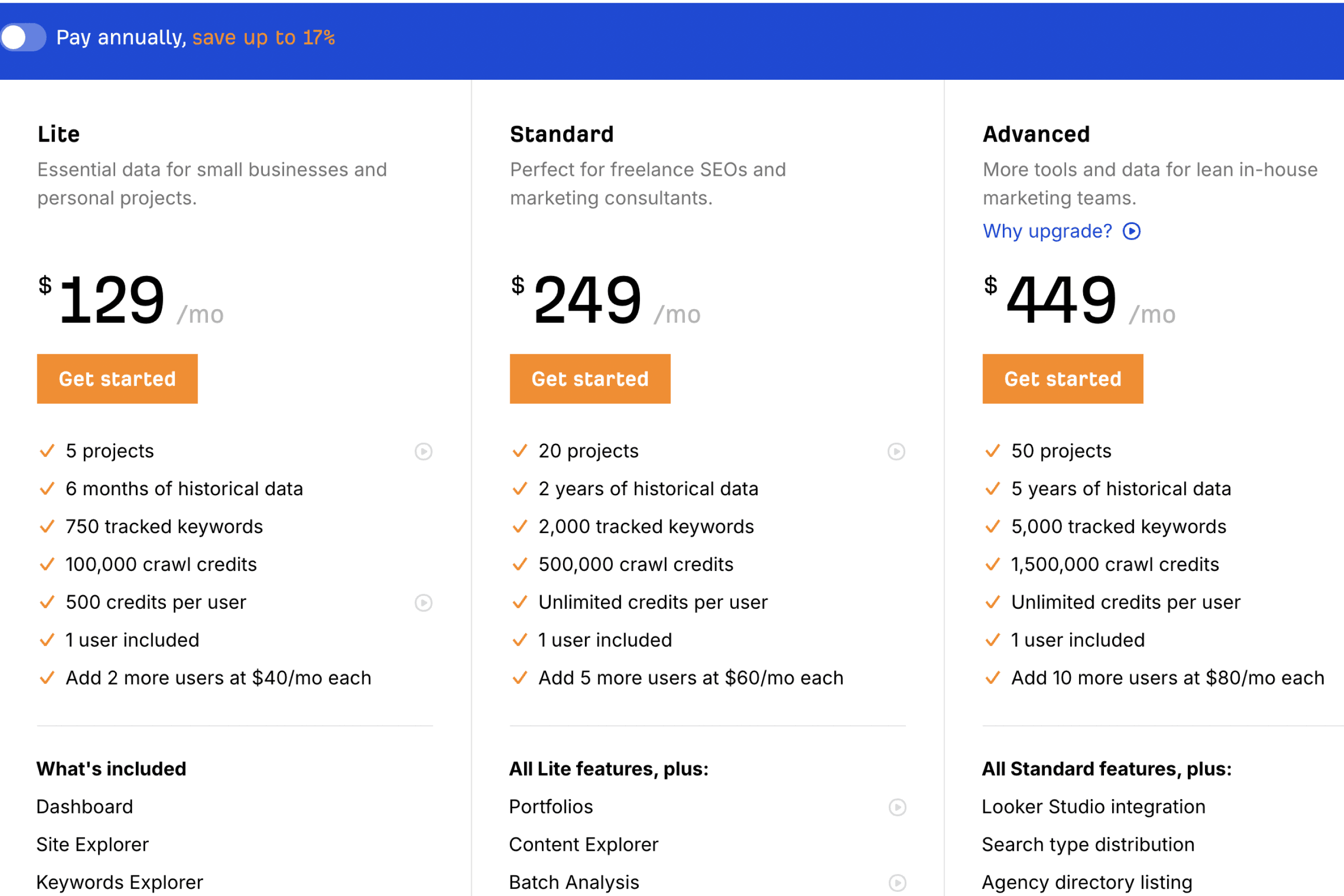
Pricing:
The Lite plan that contains the essential SEO tools for small businesses starts at $129/month. The Standard plan costs $249/month, giving more history, keywords, and link analysis for freelance SEOs or consultants. The Advanced plan runs at $449/month, designed for bigger in-house teams, and the Enterprise plan (at about $1,499/month) unlocks the most advanced features.
3. Ranking Raccoon Pro
Imagine link building without the cold outreach headache. The Pro version of Ranking Raccoon gives you full access to the verified (meaning completely trustworthy and spam-free) site database. So instead of begging to strangers, you can connect with fellow business owners and marketers who are already interested in link building.
What can you use it for?
- Ranking Raccoon is the easiest way to build safe, sustainable backlinks. No shady deals, no paid link placements—just honest collaboration.
- You can start unlimited chats directly-in-platform with site owners relevant to your business niche.
- Finding your link building partners is easy, the platform suggests your ideal placements, but you can also search for your relevant keywords.
Downside:
- We have some strict community rules, for example anti-ghosting features. So if you plan to leave link requests unanswered, this might not be the place for you.
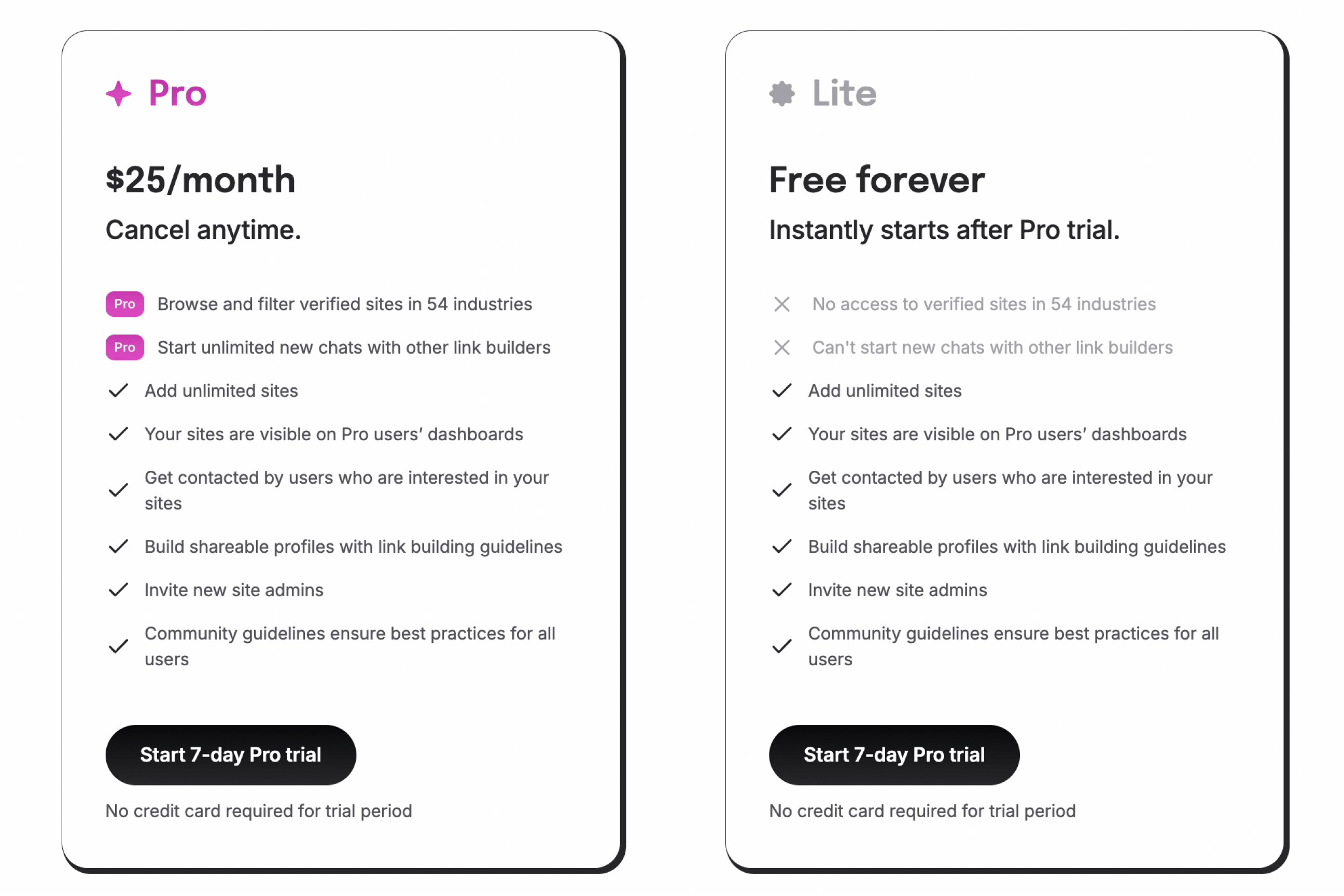
Pricing:
A Ranking Raccoon Pro membership fee is only $25/month. You get access to verified link-building opportunities, unlimited chats, and filtering by industry. There are no extra fees for link placements or requests—in fact, paying for links is forbidden on the platform. There’s also a free Lite plan (with limited features), and you can try the Pro version for 7 days without a credit card.
4. SurferSEO
Imagine SurferSEO as a content optimization powerhouse. It can transform your blog posts in a way that they start to align with what Google actually wants. It dissects top-ranking pages, explores successful patterns (words, structure, headings, length…) and gives you a content blueprint you can follow.
What can you use it for?
- Ideal for content optimization by analyzing top-ranking pages and showing what you’re missing.
- It has a lot of cool AI-features, like AI Content Humanizer, which turns AI-written content to human-like writing.
- You can also save time on internal linking, since Surfer scans your site and adds your relevant internal links automatically.
Downside:
- The subscription isn’t cheap, and it can push you into over-optimizing if you’re not careful. Also, you might get lost between the wide offer of features.
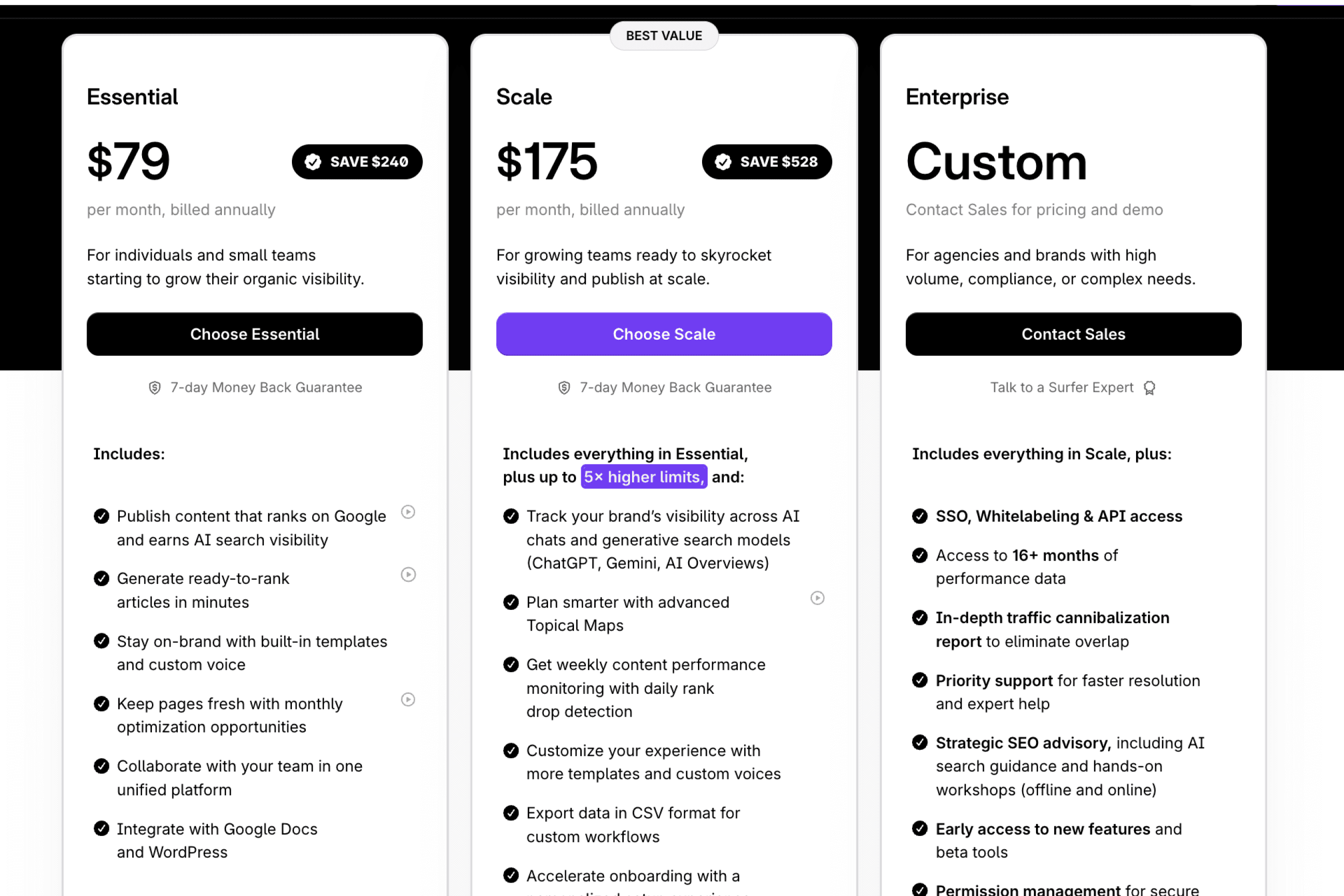
Pricing:
SurferSEO offers several paid plans that vary by how many content edits, keywords, and audits you need. The entry-level “Basic” plan is around $59/month, while more advanced plans with higher limits, NLP features, and more integrations can go up to $199-$499/month, depending on usage.
5. SE Ranking
SE Ranking can be perfect for small businesses. It’s truly an all-in-one SEO toolset, but an affordable one (at least the Essential plan). It hits the sweet spot between Google’s freebies and enterprise level, know-it-all software.
What can you use it for?
- Track up to 500 keywords daily across devices, locations and search engines.
- Identify technical issues with website audits.
- Spy on competitors’ traffic and analyze their backlink profile.
Downside:
- The interface can be overwhelming at first. Also, the entry plan has its own limitations.
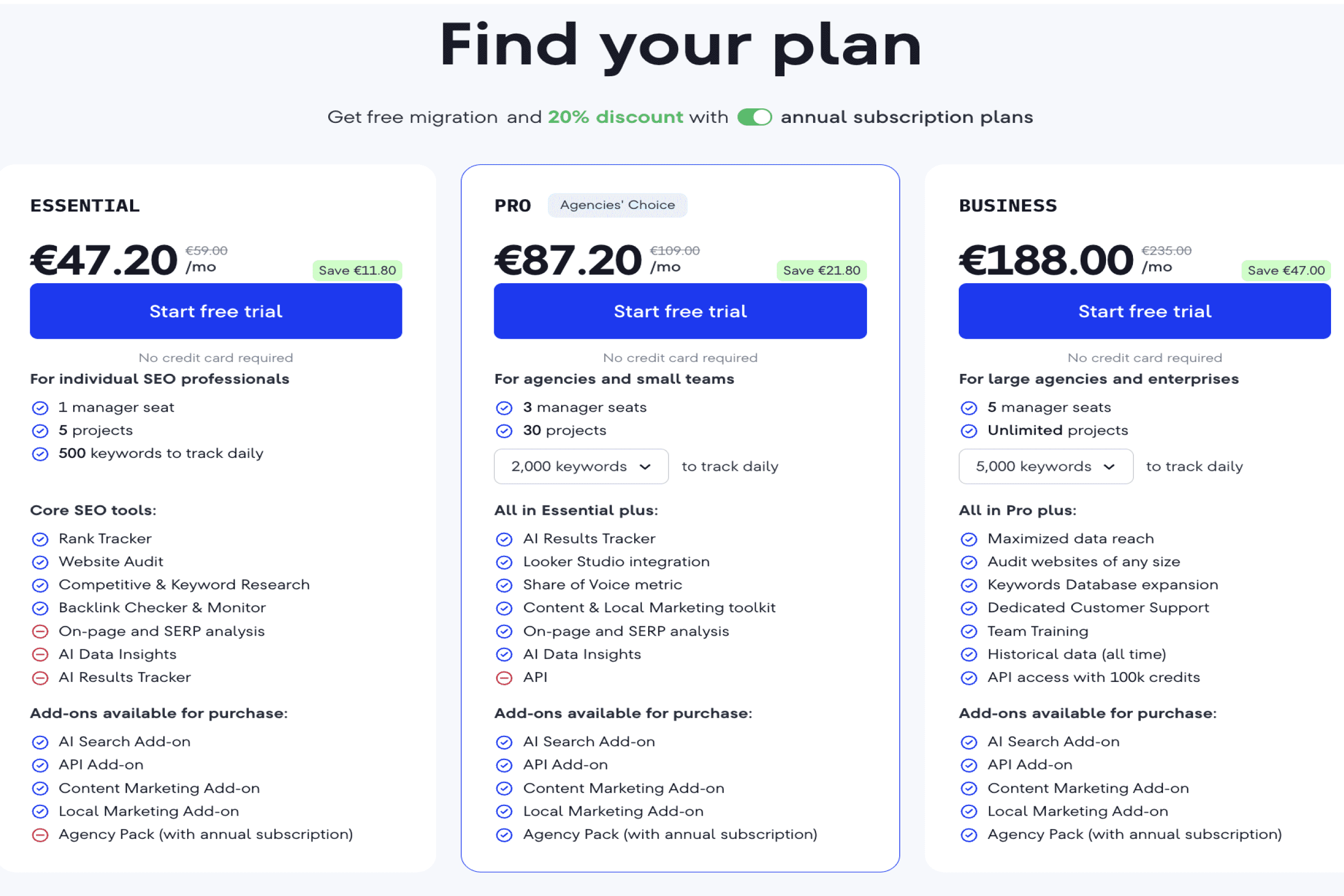
Pricing:
SE Ranking has three main pricing tiers that fit different business sizes. The Essential plan starts at around $65/month, the Pro plan comes in at about $119/month, and the Business plan costs around $259/month.
6. Agility Writer
Writing content for your business drains your soul? I mean, time? Agility Writer uses AI to generate long-form, SEO-optimized articles within minutes. It’s got some useful features like different writing modes, bulk content generation or publishing tools you can integrate to your site.
What can you use it for?
- You can generate long-form, SERP-ready content quite fast.
- With Topical Map Helper you can create topic clusters, plan internal links and spot the gaps.
- You can optimize your drafts with different editing tools to make the final content even more Google-friendly.
Downside:
- AI isn’t perfect. You’ll still need the actual human touch and creativity to polish the content.
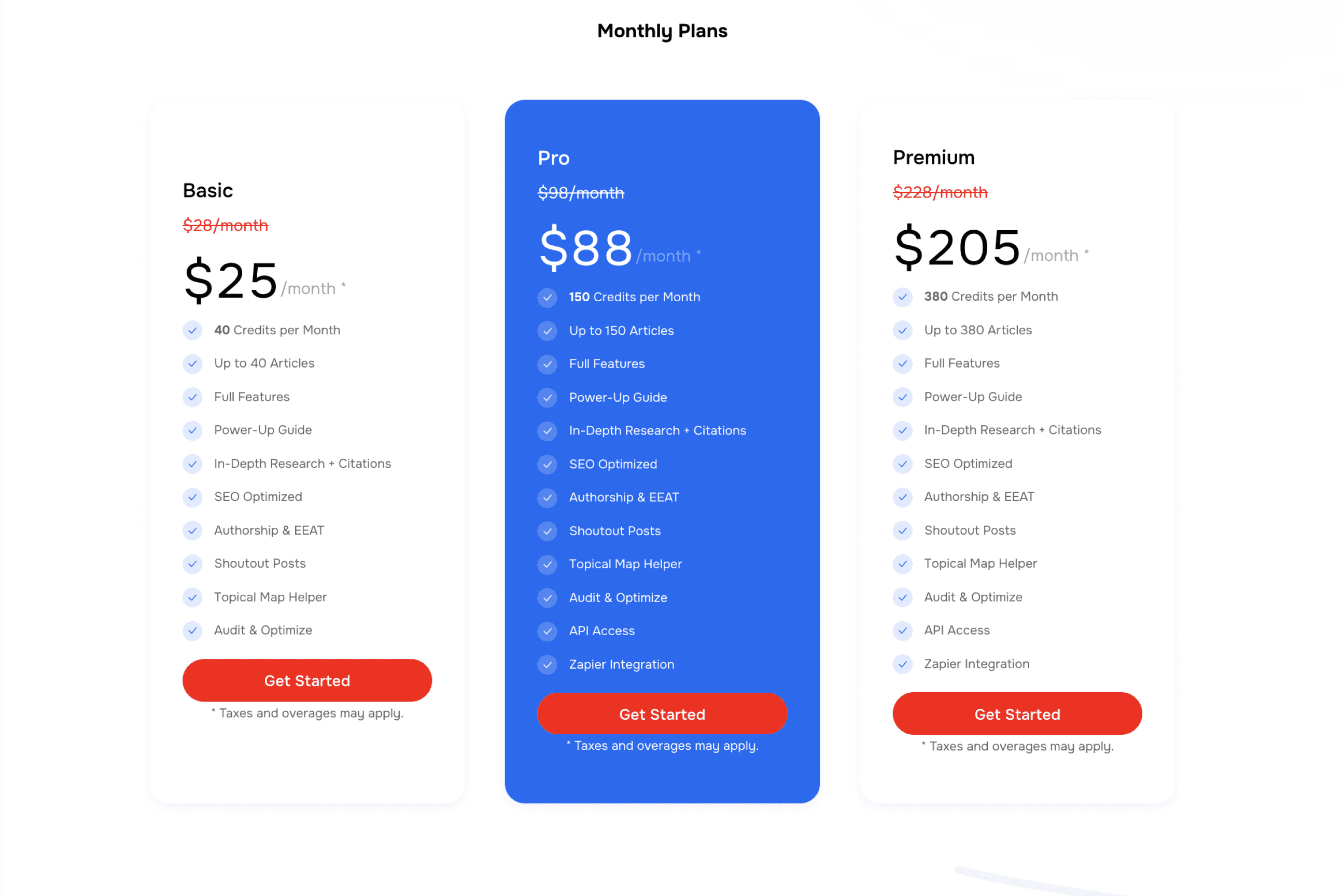
Pricing:
Agility Writer uses a credit-based model instead of strict word limits. The Basic plan costs around $28/month and covers roughly 40 articles, the Pro plan sits at about $98/month for 150 articles, while the Premium plan goes up to $228/month for approximately 380 articles.
7. Ubersuggest
Another useful keyword research tool by Neil Patel. It’s a budget-friendly software which is also great for SEO audits, competitor analysis and uncovering backlink data. Think of it as the “lite” version of Ahrefs or Semrush.
What can you use it for?
- Great for finding keyword ideas—and what’s best is that it shows search volume and difficulty too.
- You can track your rankings and also run site audits to find what needs to improve.
- You can also get a quick overview of your competitors’ top pages.
Downside:
- The shown data isn’t necessarily as deep or accurate as premium tools, but totally fine for small business budgets.
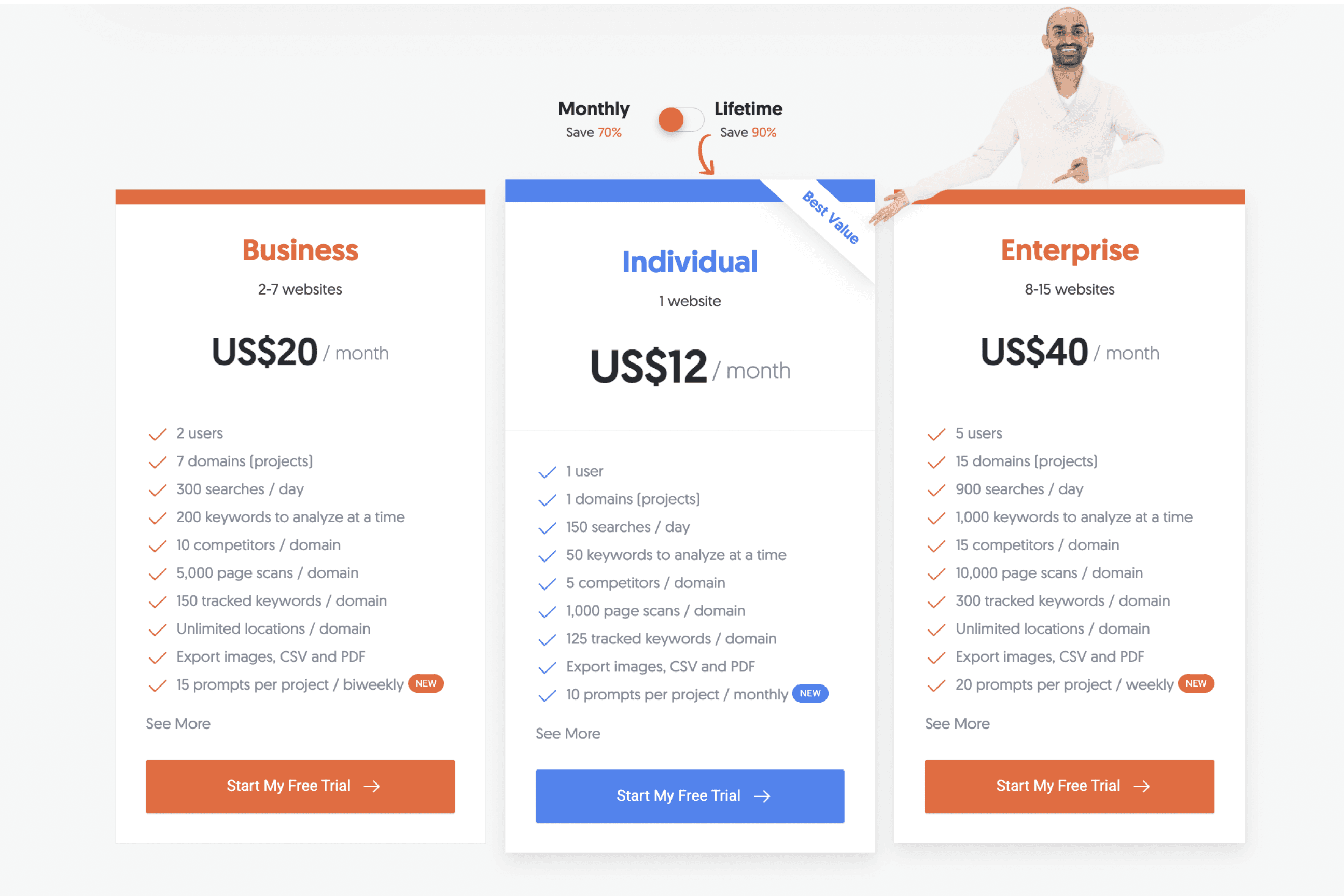
Pricing:
At Ubersuggest monthly plans start with the Individual tier at $29/month, followed by the Business plan at $49/month, and the Enterprise/Agency plan at $99/month. For long-term users, there are also lifetime deals available from time to time, making it one of the most budget-friendly SEO software options out there.
8. BuzzSumo
BuzzSumo is absolutely great for content and social media research—it focuses on what content marketers live for: what’s trending, what people are sharing, what gets engagement, and which influencers could amplify your reach.
What can you use it for?
- Discover new content ideas by seeing what’s already performing well in your niche.
- Keep an eye on your competitors, check what content they publish, how it’s doing, and learn from what works (or fails) for them
- Find influencer marketing opportunities that could actually work for your business.
Downside:
- It’s strong on social engagement and content ideas, but for hardcore SEO you’ll still need something like Ahrefs, Semrush, or SE Ranking alongside.
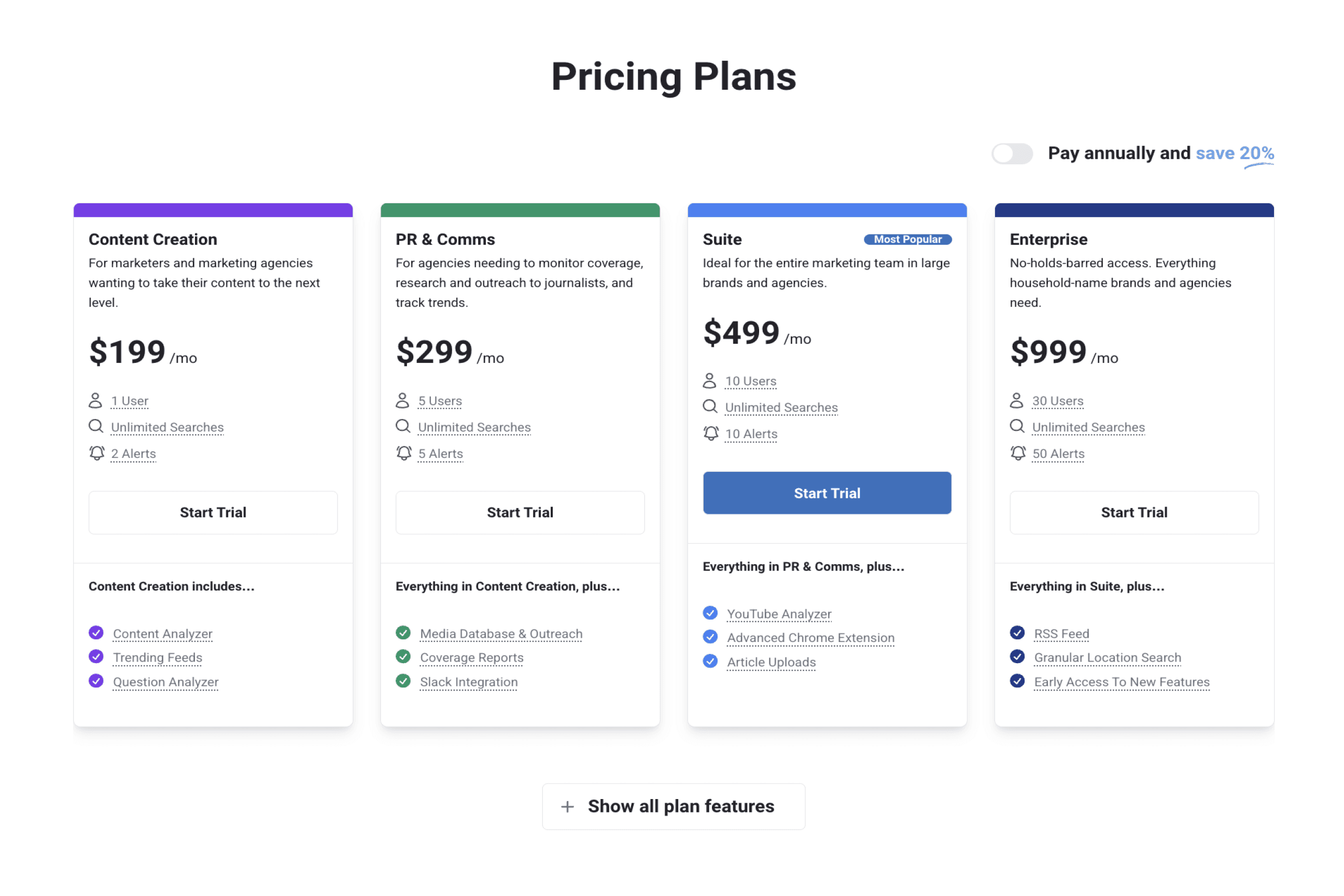
Pricing:
The Basic plan starts around $119/month, the Content Creation plan is about $199/month, and the PR & Comms plan comes in at roughly $299/month. For agencies or large teams, the Suite plan costs about $499/month, while the Enterprise plan goes up to $999/month.
How is SEO Cost Effective?
Time to be real: small businesses usually don’t possess bottomless budgets. That’s why SEO is extremely important for you. Unlike paid ads that stop working the second you pull the plug, SEO (done right) keeps driving traffic to your webpage long after you’ve put in the work.
You can keep SEO cost effective with the mentioned free tools, and seize the opportunity of free trials with the more pricey software to decide whether they came in handy to your business or not.
Do the hard work once (quality content, impeccable technical setup) then you just have to maintain it (optimizing from time-to-time and link building) with the help of the right SEO tools. This way your rankings can keep bringing in leads at a fraction of the price of paid ads.
Bottom line: Many small business owners wonder whether SEO tools are worth the investment—but with the right strategy, SEO remains one of the most cost-effective ways to attract long-term traffic. Done right, it delivers strong ROI even on a tight budget.
What is the 80/20 Rule of SEO?
You might be familiar with the 80/20 rule, aka the Pareto Principle. It says that 80% of your results come from 20% of your efforts.
It’s also true about search engine optimization—not every SEO task is worth your time. For small businesses, that’s actually great news: you don’t need to master every technical trick or buy every new SEO software to win. You just need to focus on the high-impact stuff and stop sweating the rest.
So instead of chewing through 100-page audits and spending hours at a dashboard without understanding the metrics, you should concentrate on the things that actually move the needle. A couple of well-optimized pages (with help from a SEO software) can drive more conversions than ten half-baked blog posts.
The heavy hitters are:
Technical health audits
First, make sure search engines can actually crawl and index your site. Then fix the most painful technical issues (like slow loading times or broken pages).
Proper keyword research
Next, position yourself smartly by choosing a handful of keywords you can realistically rank for, not trying to compete on “best shoes” against Nike.
Content optimization
Create high-quality pieces of content and keep them well-optimized. Take care of regular checkups and a solid backlink profile.
Of course, the 80/20 rule isn’t set in stone. Your “vital few” tasks might shift as your business grows. But in the early days, focusing your time and budget on cost effective SEO tactics—backed by simple SEO tools for small businesses—keeps you moving forward without burning out or overspending.
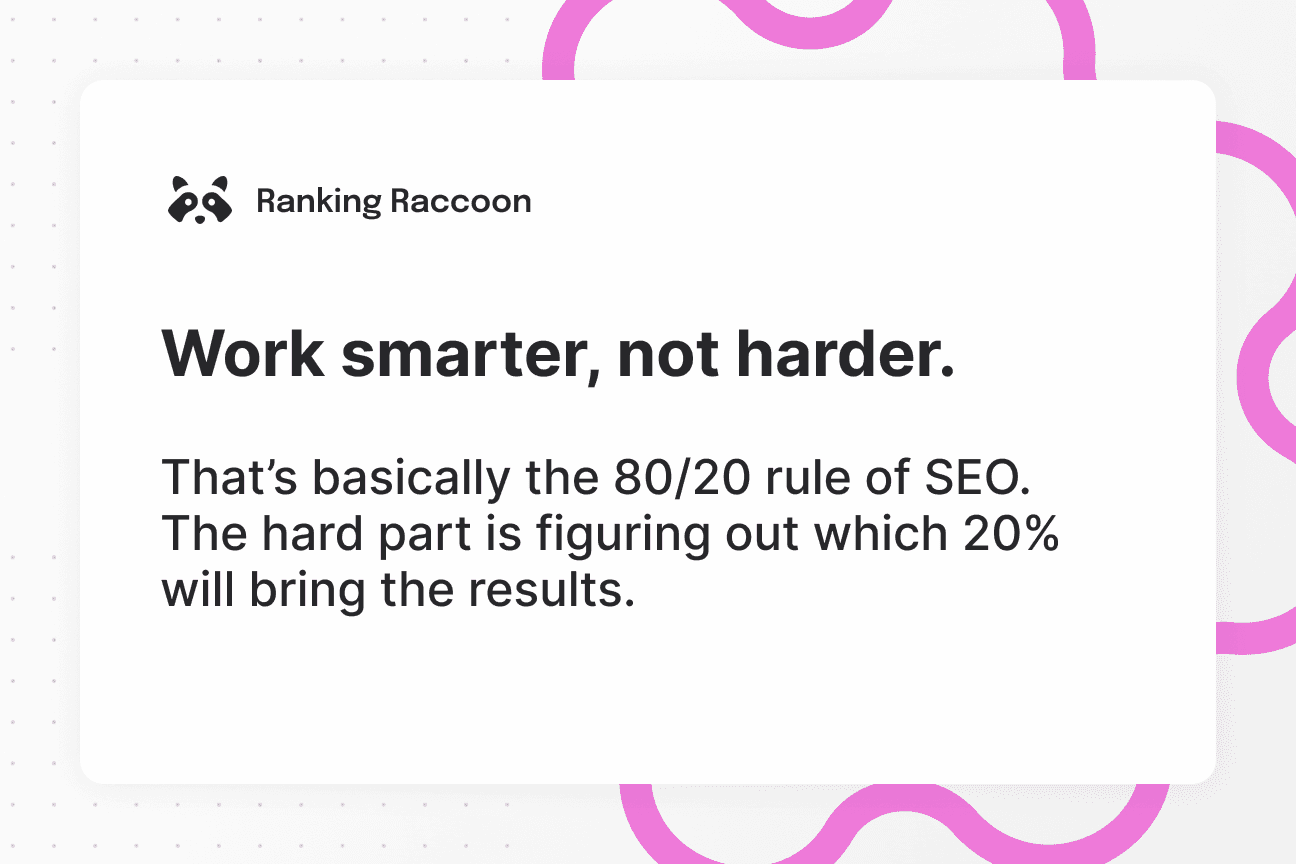
Frequently Asked Questions About Small Business SEO
Does SEO really work for small businesses?
Yes! Done right, SEO can be one of the most cost effective growth strategies out there. Small businesses don’t need to outrank giants on every keyword; they just need to own their niche. With the right small business SEO tools, even a tiny site can steadily attract qualified traffic and leads without paying for every single click.
How much should a small business pay for SEO?
It depends on your goals. DIY with free SEO tools for small businesses costs almost nothing beyond your time. Hiring a freelancer might run you $500–$1,500 per month, while agencies can charge $2,000+. The key is to align budget with ROI: don’t overspend until you see traction, but don’t expect miracles on a shoestring either.
Is SEO worth it for small business in 2025?
Absolutely. Organic search is still one of the highest-ROI channels—especially as ads get pricier and users grow ad-blind. In 2025, investing in small business SEO software to optimize your site, track rankings, and build links is a smarter bet than pouring everything into paid ads that vanish overnight.
Can I do SEO for my own business?
Yes, and many small business owners do. With free tools like Google Search Console and budget-friendly platforms like SE Ranking, you can cover the basics: keyword research, site audits, and on-page optimization. Eventually, you might bring in a pro for advanced tactics, like Ranking Raccoon for effective link building but the foundation is absolutely DIY-friendly.
What is the most effective tool for SEO?
There’s no single winner—it depends on what you need. For all-rounders, SE Ranking is a great cost-effective option. For backlink data, Ahrefs shines. For local businesses, Google Business Profile is non-negotiable. The most effective tool is the one that fits your budget and solves your most pressing SEO problem.
Which local SEO tools provide the best results for small businesses?
Google Business Profile is step one—if you’re not there, you basically don’t exist locally. After that, Moz Local is a fantastic add-on: it syncs your business info across directories, helps manage reviews, and improves local search visibility. Together, they’re like your digital storefront sign: visible, consistent, and trustworthy.
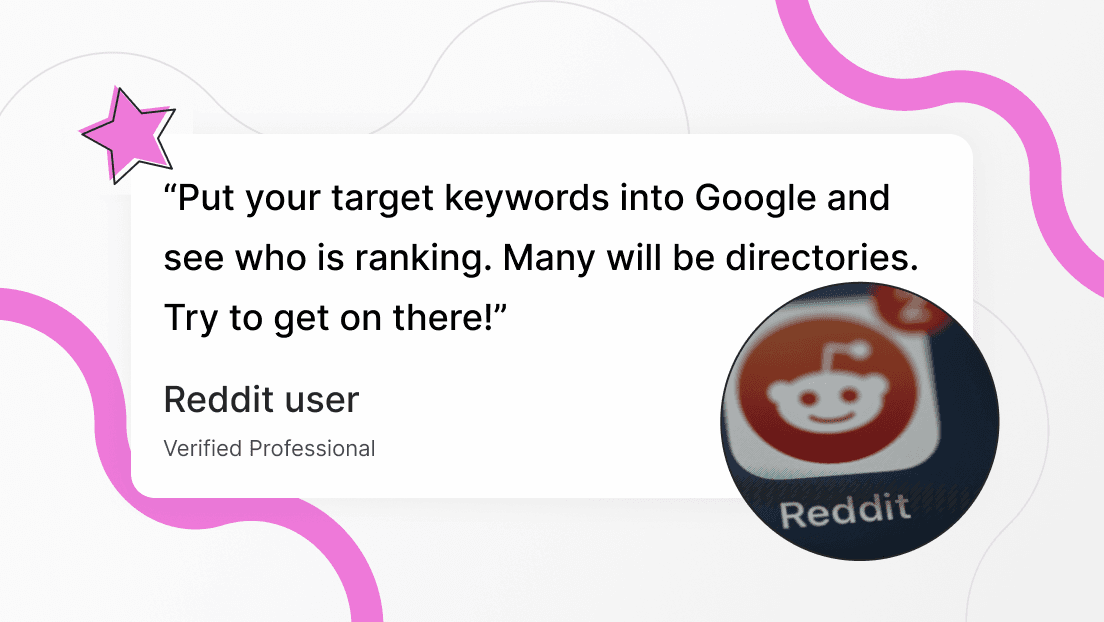
Wrapping It Up: Your SEO Toolbox Awaits
SEO can feel overwhelming, especially when you’re running a small business and wearing twelve hats already. But the truth is, you don’t need every shiny new tool or a massive budget to win. Keep it simple, start with the free essentials, then layer in affordable small business SEO software as you grow, and focus on the 20% of tasks that drive 80% of results.
The best SEO tools for your small online business are the ones you’ll actually use. For example Google Search Console helps you track performance, SE Ranking gives you all-in-one visibility, and Ahrefs offers deep backlink insights. But when it comes to actually building links, nothing beats Ranking Raccoon. It connects you with relevant sites and real marketers who want to collaborate—giving small businesses a fair shot at safe, sustainable link building.
So take the next step. Pick one tool, start experimenting, and build your SEO muscle week by week. Remember, consistency beats complexity.
P.S. If you only try one new tool after this article, make it Ranking Raccoon—because backlinks still rule in SEO!

Eliza Forgacs
Marketing Manager
